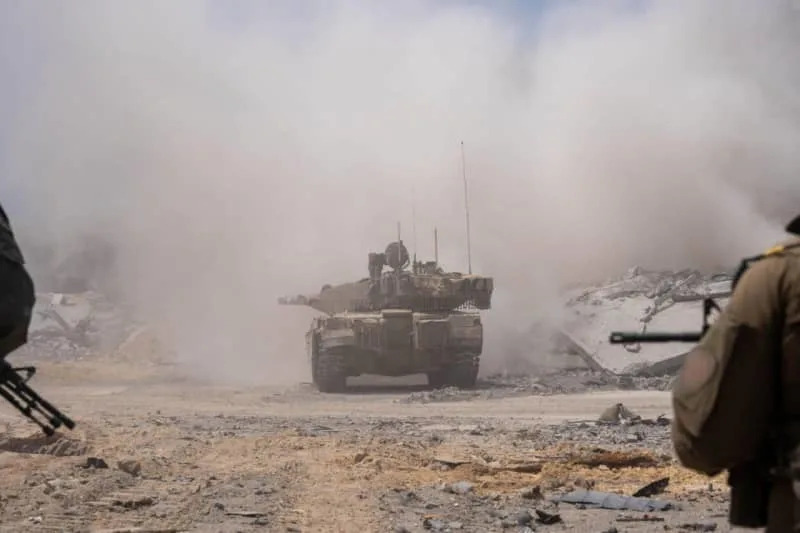Israel’s electricity infrastructure is under scrutiny as a newly published study highlights critical vulnerabilities that could leave the nation without power during wartime. The research, led by Dr. Erez Cohen from the Department of Middle Eastern Studies and Political Science at Ariel University, exposes the risks stemming from an overdependence on natural gas, insufficient storage capacity, and a centralized electricity system.
The study emphasizes that Israel’s reliance on offshore natural gas for approximately 70% of its electricity generation makes it particularly susceptible to various threats, including missile attacks and cyberattacks. Dr. Cohen’s analysis draws on production and consumption data, alongside a review of policies from 2018 to 2024, using the recent Gaza war as a case study to illustrate these vulnerabilities.
Identifying Key Weaknesses
Cohen’s findings, published in the scientific journal Energy Sources, Part B: Economics, Planning, and Policy, identify four major weaknesses in Israel’s energy sector:
1. **Overdependence on Natural Gas**: The reliance on the Tamar and Leviathan gas fields, lacking backup supplies, poses significant risks. Dr. Cohen warns that this dependency could result in severe disruptions should these facilities be compromised.
2. **Supply-Demand Gap**: According to the State Comptroller’s 2024 report, there could be a natural gas shortage for the electricity sector by 2026, potentially leading to economic losses amounting to hundreds of millions of shekels.
3. **Lack of Storage Capacity**: Although renewable energy sources now contribute around 12% of electricity generation, Israel’s minimal energy storage systems jeopardize supply continuity during crises.
4. **High Centralization**: With a highly centralized national grid, damage to a key power station or gas platform could trigger widespread outages. Dr. Cohen illustrates this risk by describing a scenario where vital services, including power, water, and hospitals, could lose energy during emergencies.
Cohen notes the lessons learned from the recent Gaza conflict, stating, “Our dependence on natural gas made us vulnerable. Any malfunction or attack on a central facility could paralyze the entire economy at a critical moment.”
Path Forward: Decentralization and Investment
Addressing these vulnerabilities requires decisive action from policymakers. Dr. Cohen advocates for a shift away from a centralized energy model reliant on a few offshore gas platforms. Instead, he proposes the development of local microgrids that would keep essential services operational even if the national grid fails.
He emphasizes that investment in energy storage is not merely an environmental concern but a vital national security measure. “Without storage capacity, even renewable energy won’t save us in a moment of crisis,” he asserts.
Moreover, he calls for the establishment of a comprehensive digital and security defense network, along with a joint emergency coordination unit that includes the defense establishment, the Energy Ministry, and the Cyber Authority. This unit would be crucial for managing the electricity sector effectively during crises.
Dr. Cohen concludes by underscoring the strategic importance of electricity, stating, “We tend to think of electricity as a consumer product, but in reality, it’s a strategic weapon. If we don’t ensure backup, storage, and decentralization, we may find ourselves in the dark, precisely when we need the light the most.”
With these recommendations, Israel has an opportunity to fortify its energy infrastructure and ensure reliable power supply, especially during critical moments.








































































